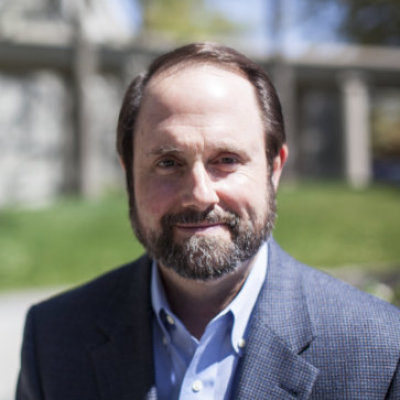Story behind Candy Land game created during US polio crisis

Candy Land is one of the most popular children’s board games of all time, selling an average of one million units a year. I played it for hours with our kids and have begun doing the same with my grandkids.
But I did not know the story behind the game, a narrative that is remarkably relevant to our time.
Michelle Hastings plays Candy Land with her daughters in 2007.
In 1948, retired schoolteacher Eleanor Abbott invented the game in a San Diego hospital. She had been diagnosed with polio. During her convalescence, she was surrounded by children suffering from the same horrible disease. She wanted to create a game that would entertain them during their painful and lonely days.
Candy Land became so popular among the young hospital patients that Abbott decided to pitch it to Milton Bradley, one of the leading toy-manufacturing companies. It quickly became their best-selling board game.
The game was especially helpful during polio outbreaks. Children left alone in hospitals without their parents would often be overcome with feelings of abandonment and homesickness. But even those as young as three years old could play the game since it requires no reading or writing, only the ability to identify colors.
During the height of the polio epidemic in the 1950s, children were prohibited from congregating at public pools, lakes, or parks to prevent the spread of the disease. Most board games were designed for all-family play, but Candy Land could be played by children who were confined indoors alone.
What did Eleanor Abbott do with her royalty income from her best-selling game?
She donated it entirely to charities dedicated to serving children in need.
Three ways to change a life (including your own)
As we wait for social distancing restrictions to ease, we should not waste the days until they do.
As I noted in this morning’s Daily Article (“John Krasinski hosts a national prom”), God knew about this pandemic before it began and intends to redeem it for his glory and our good. If you’ll ask, he will lead you into ways of serving him and others that were not available to you before the outbreak.
One of the fears we all face every day is that our lives won’t count for something significant. None of us wants to leave the world the way we found it. Each of us has a God-given desire to make a difference that matters.
As I was reading Acts 20 recently, I found it to be a powerful model for maximizing our impact in these challenging days. Consider three principles.
One: Look for those God intends you to influence.
Our chapter finds Paul returning to Jerusalem at the end of his third missionary journey. Verse 4 states: “Sopater the Berean, son of Pyrrhus, accompanied him.” Six others are then named, but Sopater is at the head of the list.
Remember Paul’s earlier ministry in Berea, where “they received the word with all eagerness, examining the Scriptures daily to see if these things were so” (Acts 17:11). Now his ministry in Berea (on the eastern coast of modern-day Greece) would bear fruit all the way to Jerusalem.
Look for someone God intends you to influence today, knowing that his plans for them may far exceed your own.
Two: Speak as God speaks to you.
Their group continued to Troas (on the western coast of modern-day Turkey), where Paul gathered the believers in the area and “conversed with them a long while” (v. 11). However, Luke was not inspired to record any of the apostle’s words.
Not everything Paul or Jesus said was intended beyond their day (cf. John 21:25). The Spirit led the early Christians to serve in ways that were effective in their time and place. That’s why Paul cited Greek philosophers when speaking to Greek philosophers (Acts 17:28) and messianic prophecies when speaking to Jewish audiences (cf. Acts 13:32–41).
The same Holy Spirit will guide you in influencing someone today, if you will follow his leading.
Three: Make time to be alone with your Lord.
Paul’s ministry involved “teaching you in public and from house to house, testifying both to Jews and to Greeks of repentance toward God and of faith in our Lord Jesus Christ” (Acts 20:20–21). But before he continued to serve Jesus in public, he made time to meet with him in private.
Acts 20:13 states that Paul’s group sailed for Assos without him, “for so he had arranged, intending himself to go by land.” If he had planned to do evangelism and church planting along the way, he would likely have kept his team with him. This was a trip of twenty miles, which the apostle apparently walked alone.
Like Paul, Jesus spent significant time alone with his Father (cf. Mark 1:35; Luke 5:16; Luke 6:12–13). To serve God in public, we must be with God in private. To influence others today, we must first be influenced by our Lord.
What “readiness for God” means
Your life can impact a life today. Look for someone you are to influence, then speak as God leads after he has spoken first to you.
And know that he will use you in ways you could not imagine being used.
Oswald Chambers noted: “Readiness for God means that we are ready to do the tiniest little thing or the great big thing, it makes no difference. We have no choice in what we want to do; whatever God’s program may be we are there, ready. When any duty presents itself we hear God’s voice as our Lord heard his Father’s voice, and we are ready for it with all the alertness of our love for him.”
How alert is your love for your Father today?
This piece was originally published at the Denison Forum




























